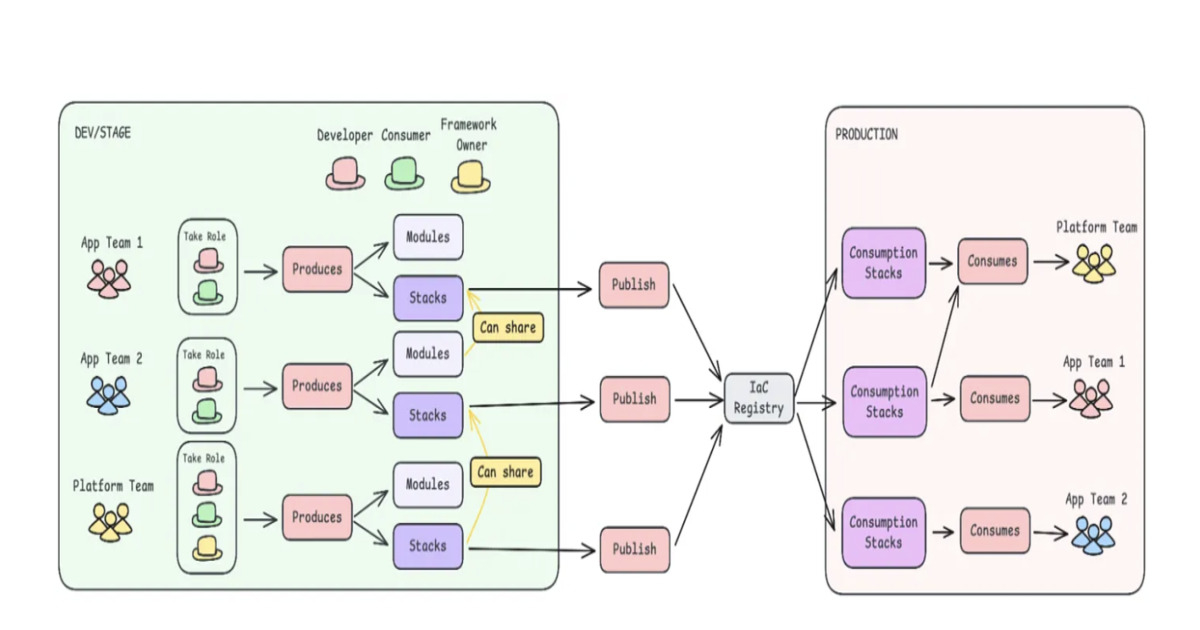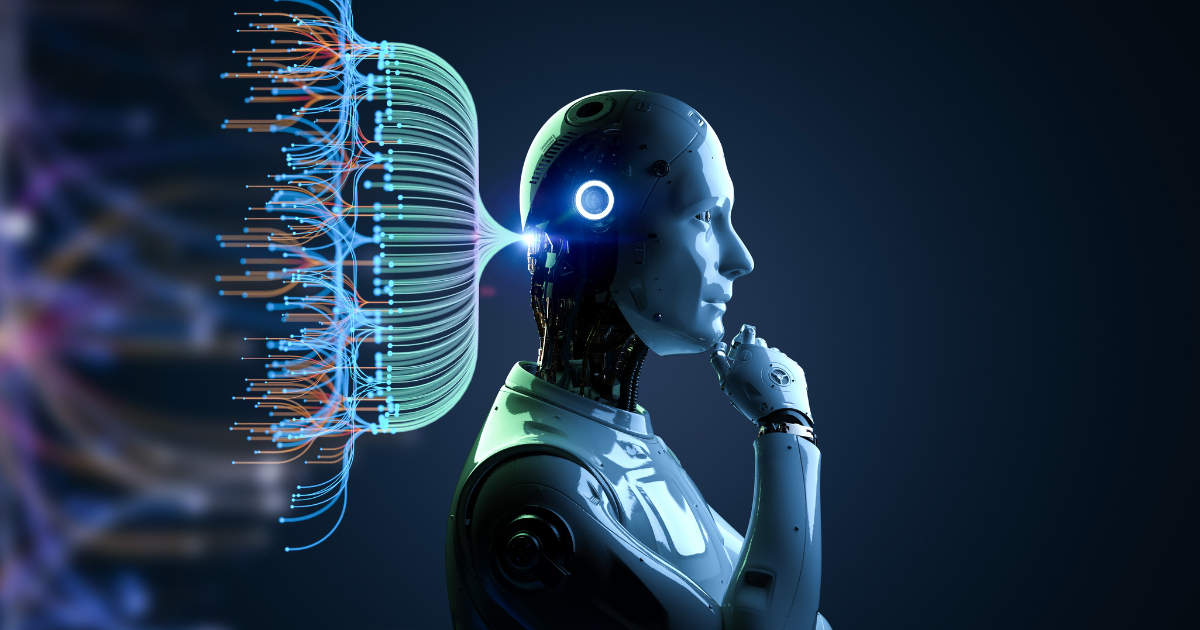Codetown
Codetown ::: a software developer's community
Google Web Toolkit and App Engine
Event Details

Time: January 26, 2011 from 6pm to 9pm
Location: Community Foundation of Sarasota
Street: 2635 Fruitville Rd
City/Town: Sarasota
Website or Map: http://maps.google.com/maps?o…
Event Type: meeting
Organized By: David Moskowitz
Latest Activity: Jan 30, 2011
Event Description
This month at the Sunjug, David Chandler from Google with discuss two technologies for developing and deploying Rich Internet Applications.
What’s New in GWT 2.1
Google Web Toolkit (GWT) lets you build and optimize rich
browser-based apps without having to be an expert in browser quirks,XMLHttpRequest, or JavaScript. In this talk, we'll look at powerful new capabilities in GWT 2.1 including MVP architecture with Activities and Places, client-server communication with RequestFactory, visual layout with GWT Designer for Eclipse, and performance optimization
with SpeedTracer.
Launching scalable apps with Google App Engine
Google AppEngine lets you build and host scalable Web applications written in Python or Java on Google's infrastructure. We'll look at how to build and deploy a GWT+GAE application with Google Plugin for Eclipse and get an overview of building the App Engine way, including
working with the Datastore, task queues, and quotas.
Speaker bio
David Chandler works with the Google Web Toolkit Team in Atlanta. An electrical engineer by training, Chandler got hooked on developing database Web applications in the days of NCSA Mosaic and has since written Web applications professionally in a variety of languages,
including C, perl, ksh, ColdFusion, Java, JSF, and GWT. Prior to joining Google, Chandler worked on Internet banking applications with Intuit and launched a non-profit startup built with GWT and AppEngine. Chandler holds a patent on a method of organizing hierarchical data in a relational database and blogs about Java Web development at turbomanage.wordpress.com.
Food and refreshments will be provided.
The event will be hosted by Community Foundation of Sarasota, located at 2635 Fruitville Rd, Sarasota, FL 34237, which is west of exit 210 off I75.
Meeting Schedule:
* 6-6:45 PM: Networking
* 6:45 - 8:30 PM: Presentation
All Are welcome. Please RSVP.
Comment Wall
Comment
-
Comment by David Moskowitz on January 30, 2011 at 9:14pm
-
The presentation slides are now available at
Notes
Welcome to Codetown!
 Codetown is a social network. It's got blogs, forums, groups, personal pages and more! You might think of Codetown as a funky camper van with lots of compartments for your stuff and a great multimedia system, too! Best of all, Codetown has room for all of your friends.
Codetown is a social network. It's got blogs, forums, groups, personal pages and more! You might think of Codetown as a funky camper van with lots of compartments for your stuff and a great multimedia system, too! Best of all, Codetown has room for all of your friends.
Created by Michael Levin Dec 18, 2008 at 6:56pm. Last updated by Michael Levin May 4, 2018.
Looking for Jobs or Staff?
Check out the Codetown Jobs group.
InfoQ Reading List
From Central Control to Team Autonomy: Rethinking Infrastructure Delivery

Adidas engineers describe shifting from a centralized Infrastructure-as-Code model to a decentralized one. Five teams autonomously deployed over 81 new infrastructure stacks in two months, using layered IaC modules, automated pipelines, and shared frameworks. The redesign illustrates how to scale infrastructure delivery while maintaining governance at scale.
By Leela KumiliGoogle Publishes Scaling Principles for Agentic Architectures

Researchers from Google and MIT published a paper describing a predictive framework for scaling multi-agent systems. The framework shows that there is a tool-coordination trade-off and it can be used to select an optimal agentic architecture for a given task.
By Anthony AlfordGoogle Cloud Brings Full OpenTelemetry Support to Cloud Monitoring Metrics

Google Cloud recently unveiled broad support for the OpenTelemetry Protocol (OTLP) in Cloud Monitoring, marking a step toward unifying telemetry collection across its observability stack.
By Craig RisiAWS Launches Agent Plugins to Automate Cloud Deployment

AWS launched Agent Plugins for AWS, providing AI coding agents with specialized deployment skills. The initial deploy-on-aws plugin transforms workflows by accepting commands like "deploy to AWS" and generating complete pipelines with architecture recommendations, cost estimates, and infrastructure code. Supported in Claude Code and Cursor, AWS claims 10-minute deployments versus hours manually.
By Steef-Jan WiggersGoogle Enhances Node Pool Auto-Creation Speed for GKE Clusters

Google Cloud has optimised GKE's node pool auto-creation, significantly cutting "Time to Ready" for massive clusters. By improving control plane communication and request batching, GKE now provisions resources faster, rivalling tools like Karpenter. The update enhances scaling reliability and stability for high-volume AI and batch workloads, automatically rolling out across supported versions.
By Mark Silvester
© 2026 Created by Michael Levin.
Powered by
![]()
RSVP for Google Web Toolkit and App Engine to add comments!
Join Codetown